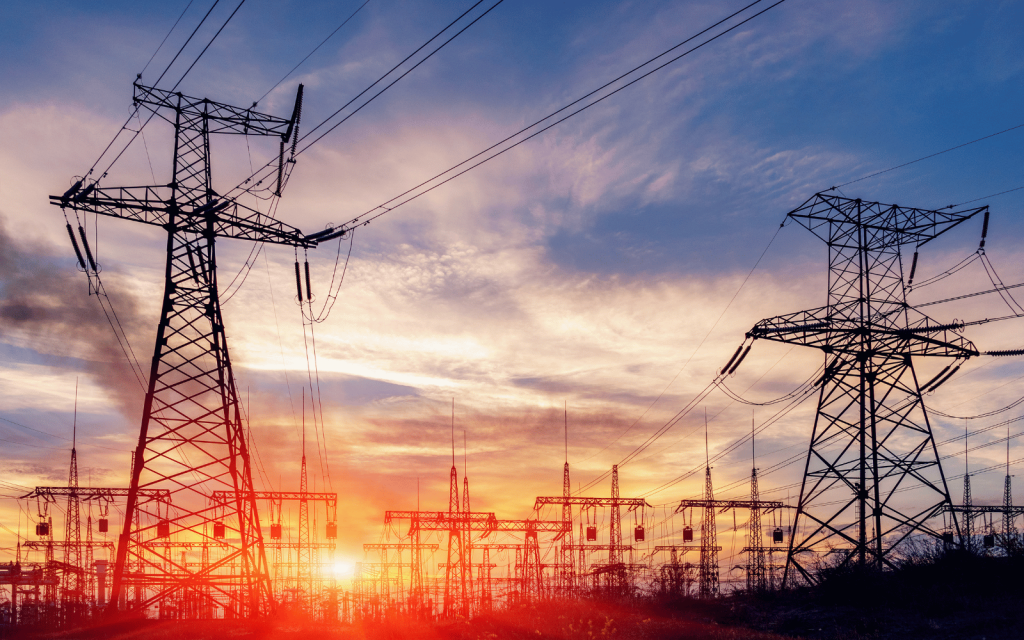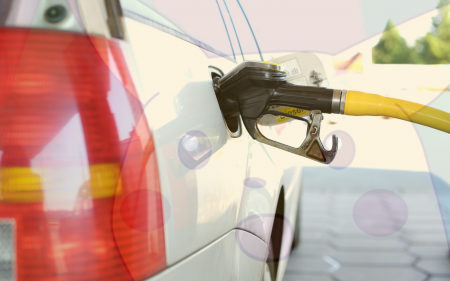Vodacom wants to help solve South Africa’s energy crisis by signing a virtual wheeling agreement with Eskom, which it says is the first of its kind.
“In addition to adding capacity to the nation’s power grid, this agreement – a Vodacom innovation which has been co-developed with Eskom – will also play a significant role in moving Vodacom closer to its goal of sourcing 100% of its electricity demand from renewable energy sources by 2025,” Vodacom said.
It will not only “help accelerate efforts to solve the country’s energy crisis” but will also allow Vodacom to secure Independent Power Producers (IPPs) under the same terms and conditions as it does with Eskom.
“Vodacom’s partnership with Eskom is transformational in that our virtual wheeling solution will enable South Africa’s private sector to participate in resolving the energy crisis which continues to impact the country’s economy,” said Vodacom Group CEO Shameel Joosub.
Vodacom and Eskom sitting in a tree
It also provides a “blueprint for other South African corporates to adopt, as we pool our collective resources with the common objective of bringing an end to load shedding”.
Describing the energy crisis as “devastating for many businesses,” Vodacom says it has spent over R4 billion on backup power solutions and R300 million in the past financial year alone on diesel for generators. Not only is this a massive financial burden, but it also poses a significant challenge for the company to achieve its broader environmental ambitions, it says.
“Traditional wheeling typically involves a one-to-one relationship between an IPP and a buyer using the national grid to convey their energy. While the concept of traditional wheeling is a fairly common practice globally, it has certain limitations for companies with complex operating environments.”
Read More: Eskom and South Africa’s energy crisis: De Ruyter book strikes a chord but falls flat on economic fixes
Vodacom has over 15,000 distributed low-voltage sites across the country that are linked to 168 municipalities. This complexity has prevented it from accessing large-scale renewable energy from IPPs, which the virtual wheeling solution solves.
“Converting our existing fossil-fuel-based electricity supplies directly with on-site renewables is limited by technical constraints that are difficult to scale. We explored a traditional wheeling option, but this had numerous limitations, which we believed could be overcome by reimagining the problem and using technology to solve the issue,” said Joosub.
“Vodacom had four objectives when we approached Eskom with this solution: one to remove complexity, two to use technology to solve legacy limitations, three to access renewable energy with a sound business case and lastly, encouraging private participation to help solve the energy crisis,” he added.
Vodacom South Africa CEO Sitho Mdlalose said this initial phase will move approximately 30% of its power demand onto renewable sources, a big step towards the company’s 2025 renewable energy ambitions.
“Think of it like purchasing renewable energy certificates,” he said. “But most importantly, it also has the added benefit of positively impacting the supply deficit currently being experienced and nurturing the growth of renewable energy production in South Africa.”




